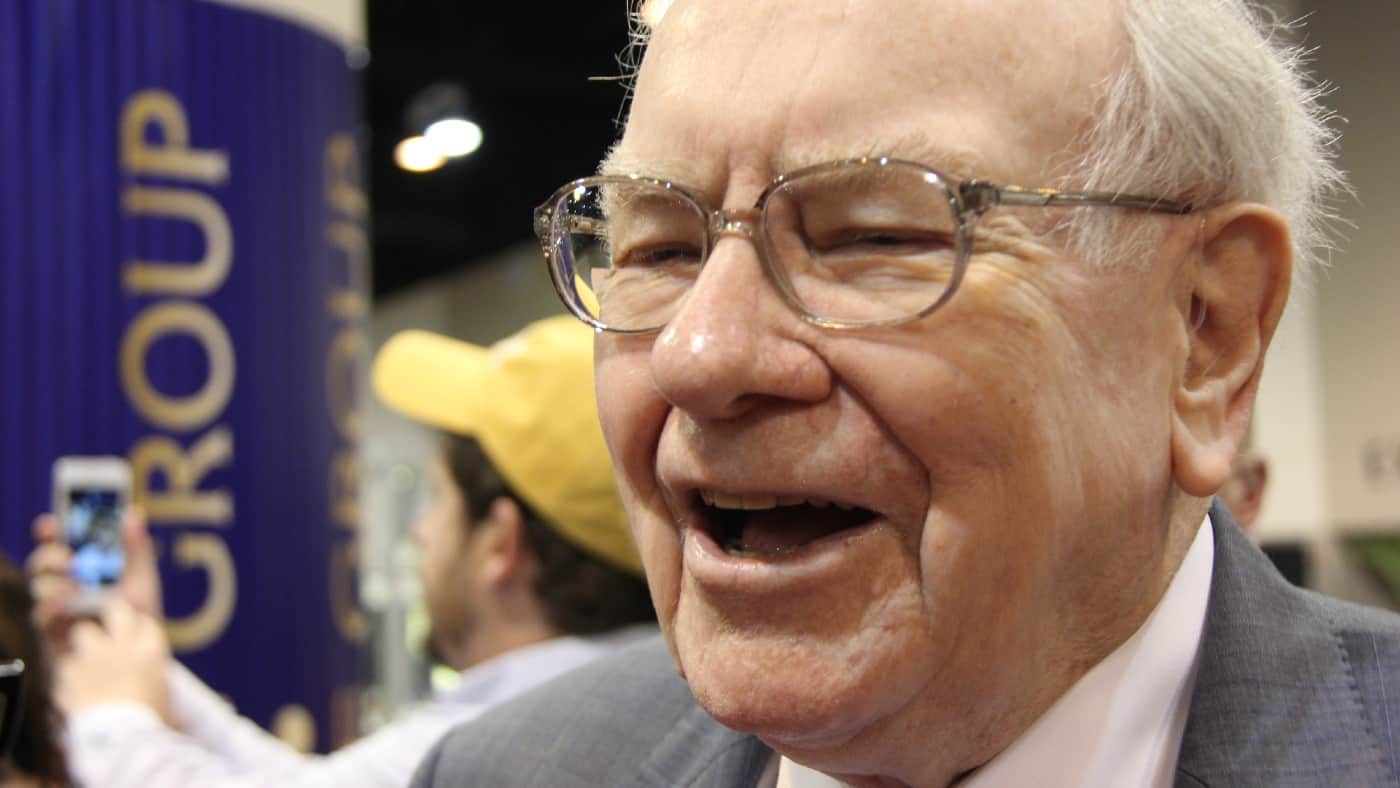Earning money without working for it is not as difficult as it might at first sound. By buying shares in well-known companies, for example, I can earn passive income in the form of dividends. If I wanted to try and generate some such income in 2024 and beyond, I would apply some investing lessons from billionaire Warren Buffett.
Starting affordably
When Warren Buffett was a schoolboy, he did not wait to begin investing.
Rather than sitting on his hands until he had more money or experience, Buffett made his first stock purchase on a small scale and grew his portfolio from there.
I would do the same, beginning to invest in a way that made sense for my current financial circumstances.
Compounding dividends
If I wanted to earn £310 per month in dividends, how much would I need to invest?
That depends on the average dividend yield I earned. If I could achieve an average yield of 8%, for example, I would need to invest £46,500.
But that does not mean I need to start investing with that much. In fact I could start with nothing and work my way towards the goal over the long term.
Warren Buffett is certainly a long-term investor. He also uses a technique I think could help me grow the amount I have to invest over time. That is known as compounding, which basically means reinvesting dividends in more shares rather than taking them out as cash.
If I invested £500 each month in shares yielding 8%, for example, I would hit my £310 monthly passive income target after eight years. But simply by compounding my dividends I would hit it after six years.
It is no coincidence that Warren Buffett reinvests the earnings his company makes rather than paying them out to shareholders as dividends.
Going for quality
Is an 8% dividend yield achievable?
It is and is currently offered by FTSE 100 shares like M&G. Some, like British American Tobacco and Vodafone, even offer a higher yield.
But Warren Buffett did not get rich by picking shares only for their yield. After all, no dividend is ever guaranteed to last. Instead, he looks for great businesses selling for what he thinks is an attractive price.
The sorts of shares that are appropriate for Warren Buffett might not make sense for me. He has his own circle of competence when it comes to assessing shares to buy and, like everyone, I also have my own.
But I think the Buffett method could be right for me.
Focussing first and foremost on buying into brilliant businesses at good prices, I could hopefully set up growing passive income streams for years to come. If the businesses do well and I have not overpaid for the shares, I might also benefit from the potential for capital growth.








